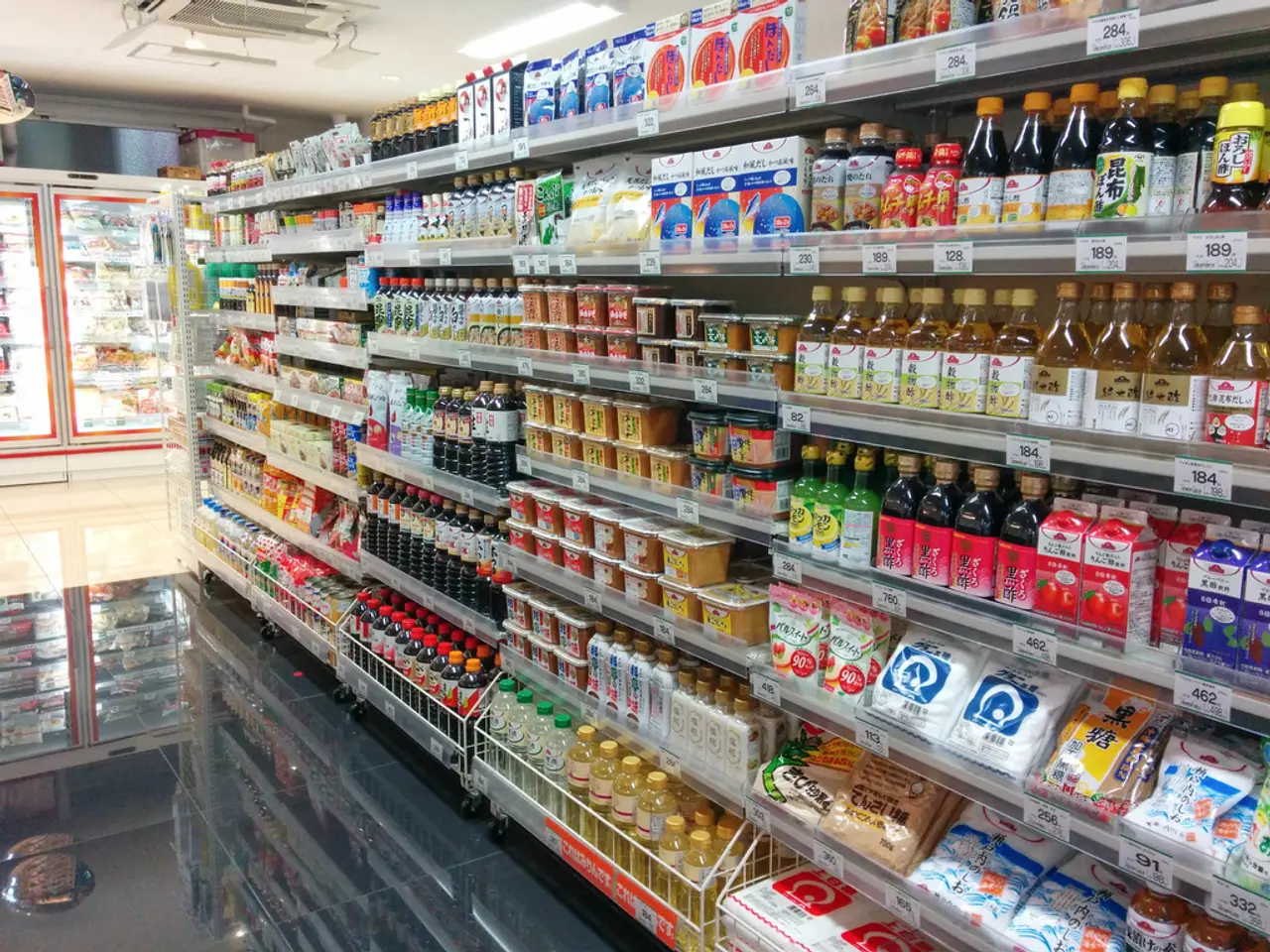Prices of beans escalate in Lagos during September 2025, contrasted by a substantial drop in prices for pepper and melons.
In the bustling city of Lagos, the food market continues to be an unpredictable landscape, oscillating between scarcity-driven hikes and harvest-led price drops. This was particularly evident in September 2025.
Many middle-income families have been adjusting to the rising costs by shifting to smaller units of food items, such as paint-bucket measures. This shift is a response to the fluctuating prices in the market.
One of the noticeable declines was in Ayoola Poundo Yam Flour, which fell by 12.79%, averaging at N3,750. This decrease was also observed in the big bag of pepper, which dropped by a significant 48.39% to N80,000.
However, not all items followed this trend. The price of a 50kg bag of Yellow Maize saw a 7.63% uptick, selling at an average of N63,500. Similarly, the beans market, expected to remain tight until the next harvest cycle, saw a 18.75% increase in the price of a 50kg bag of brown beans, selling at N95,000.
The market for perishable items like pepper, melon, and yam tubers, however, is easing due to the harvest season inflows. The big bag of Melon (egusi) dropped by 21.43% to an average of N220,000.
The price of Garri and pepper have decreased, providing relief for many Lagos households. This development allowed Mrs. Funmi to offer better prices to her customers.
On the other hand, Mrs. Adeola, a caterer and shopper, expressed her concern about the increasing price of beans. To stretch meals, some households are mixing beans with maize, a practice noted by Ms. Modupe.
The demand from poultry farms is pushing up maize prices, making it difficult to meet both retail and wholesale demand, according to Mr. Emeka. This issue was also highlighted by Alhaji Umar, who attributed the over-supply of tomatoes and pepper to reasons from the North.
In the midst of these price fluctuations, traders like Mrs. Bisi and Mr. Moshood express concern about selling at a loss due to the rapid drop in prices. Despite this, some consumers like Mrs. Chinwe are taking advantage of the lower prices to stock up for family meals.
As the market continues to evolve, consumer demand could soften in the coming months as households prioritize school fees and transportation over bulk food purchases. The food market in Lagos remains a dynamic and challenging landscape, requiring adaptability from all its participants.







